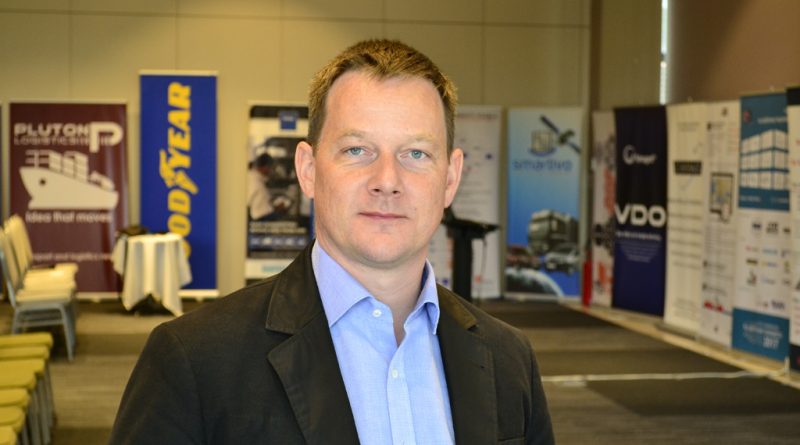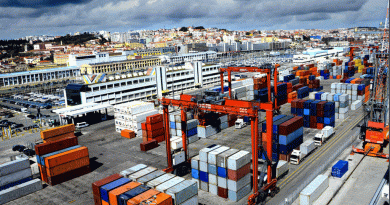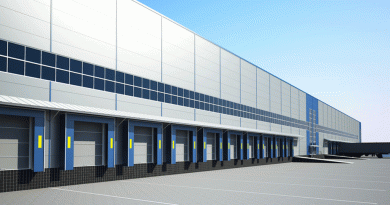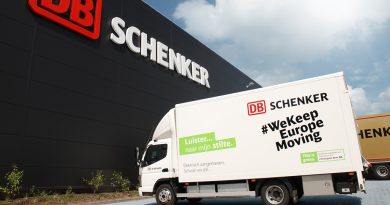Igor Hribar, Head of Regional Sales Southeast Europe and Austria at DB Cargo – We are looking for partners in Serbia
Despite all difficulties, Serbia is still interesting for the transport goods by rail. Mainly due to its geographical location, specifically – it is located on the shortest way for transport of goods from Western European countries to Turkey, Igor Hribar, the Head of Regional Sales for Southeast Europe and Austria at DB Cargo, said in an interview with PlutonLogistics. He talked about the company’s operations, development projects, and plans in this region at the Conference on sustainable transport in Zlatibor.
DB Cargo Company is a part of DB Schenker, one of the largest logistics companies in the world. DB Cargo, with headquarters in Germany, has companies across Europe – in Italy, France, Poland, Bulgaria, the United Kingdom…
PL: How would you compare the rail market in Central and Southeastern Europe?
– The quality of rail services differs from country to country. When we talk about the railway efficiency, we cannot only consider the accuracy and speed of trains. For example, it is a big difference in whether it is possible to drive a train in length of 500 meters or 700 meters. The performances in Western Europe are better – you can drive longer and heavier trains than in SEE.
Furthermore, there were no important investments in infrastructure in recent years in the countries of Southeast Europe, which certainly affects our business. Infrastructure projects are now being started in Serbia, Hungary, Romania and Bulgaria. We certainly welcome the beginning of reconstruction and modernization, although this will create some operational issues for us.
When you close apart of the railway line or border crossing due to construction, this will certainly affect our work. We need better infrastructure, but we will have to organize ourselves differently by the end of the construction.
The borders are another major issue, especially this year due to the migrant crisis. In Serbia, concrete modernization of infrastructure is in progress. I believe that we will find a proper solution to overcome the problem with our partner, in this case with the Serbia Cargo company.

PL: How much are you engaged in Serbia?
– Most of our connections with Serbia are in transit business. We transport goods from Western and Central Europe to Greece and to Turkey. We transport up to 1,000 trains a year, together with our partners. What must be emphasized is that the route through Serbia is still the shortest. Besides, your country is always an interesting market, especially in recent years due to the growth of industrial production. However, there are only few industrial complexes which have their own railway sidings, or those sidings are not functional. This forces us to think about other solutions.
PL: What are the solutions? Are you looking for partners in Serbia?
– The transport of goods by rail is no longer limited to wagons only. Now we combine other types of modes, for example road transport. That is why we are also searching for partners in Serbia for complete our service offer. We are interested in intermodal terminals, logistics centers … For example there is only one regular intermodal service the Port of Rijeka. I think that the potential is far greater.
PL: On what projects is DB Cargo currently working on?
– DB Cargo focuses on the maximum utilization of our network and the connection of all countries within it. There are also the projects connecting European countries with China, so this year a train from China arrived as far as to UK; we are planning on connecting other countries also, like Italy and China for example … We are reopening the route for Turkey and Iran.





